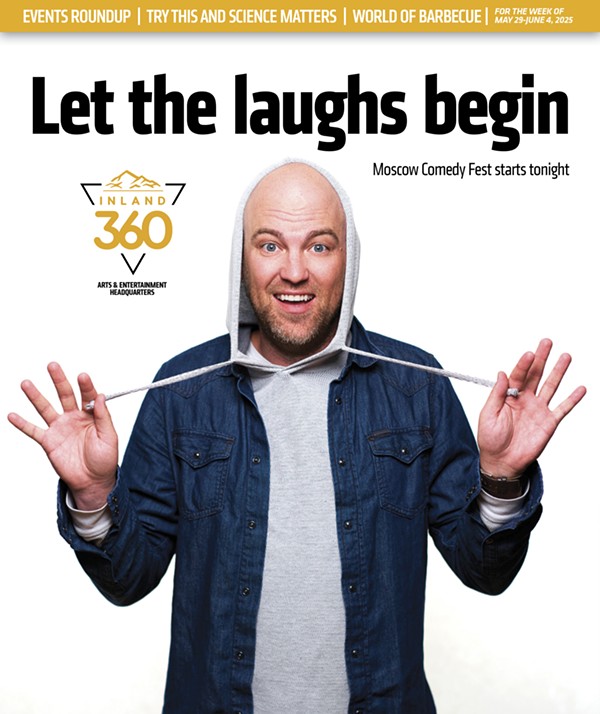By Jennifer K. Bauer
In Inland 360’s April 23 issue, Lewiston nurse Marybella Cole detailed her first week working the night shift in a New York City hospital overwhelmed by the COVID-19 pandemic.
Response to the story was enormous. People offered words of support, prayers and several asked for a way to send her money.
Cole, 35, declined any offers of money but said she is immensely grateful for the outpouring after the story appeared.
“I didn’t realize how energizing community support is. Seeing all the messages, well wishes from everyone, it’s just really energizing and it gives me the power to keep going,” Cole said Monday night on a day off from work. “I want them to know it’s made such an impression. I can feel the weight of love behind each message. When I text them back, I am so deliriously tired I probably sound drunk. I can only write ‘thank you,’ but it’s more than a thank you. I would love everyone to know that if I need more energy, I go back and read everyone’s comments.”
In the week since the initial interview, Cole found a program that pays for her hotel room. The number of patients she is assigned on shifts at Long Island Jewish Medical Center has become more manageable. Hospital admissions are decreasing across the city, but the effects of the virus on the infected, their families and caregivers remains profound.
She described a COVID-19 patient in her 50s, a kind woman with a Middle Eastern accent. Unlike many other patients, the woman didn’t show any physical signs of shortness of breath, but her vital signs and oxygen rate were very low.
“When you’re younger, that’s how you present until your body cannot withstand it anymore, then you just drop,” Cole said.
The woman’s daughter called and told her that her father, the woman’s husband, had died of COVID-19. That night, the woman didn’t sleep; she just kept repeating, “you’re strong, you can make it” over and over, Cole said.
The next day her vital signs were worse, and doctors debated putting her on a ventilator, which requires sedation and intubation. People are no longer able to communicate with their families.
“I didn’t want to have to intubate her,” Cole said. “Only about 10 to 20 percent of patients come out of intubation. People in New York know you don’t want to be intubated. She kept saying she was fine.”
Eventually doctors decided it was in her best interest.
“When that happens, we FaceTime the family. It was so hard. I was glad I had a mask on because I was ugly crying. The daughter is a nurse, and she just saw her dad die and now her mom is going on a vent.”
Cole visited the critical care unit in the hospital where people on ventilators are kept. There were about 50 people in the room that day, all unconscious, she said. The beds had signs: “I’m a wife with three kids.” “I’m a husband.” “I’m a banker and I work at ….” The signs are because the family cannot be there, Cole said, “so they can put a face on them.”
She wonders what will happen as Idaho and other states begin easing shutdown restrictions. While Lewiston isn’t heavily populated, if it sees an increase in COVID-19 and deaths, she said it’s going to hit hard.
“It’s a really close community.”
Cole thinks she’ll stay in New York for another month. She knows of two other nurses from Lewiston there, although she hasn’t met them.
“I just feel like another person. I don’t feel like anything special,” she said. “I definitely don’t feel like a hero. I just feel like anybody else. Everyone has put their life on hold for a little bit to help somebody else.”



















